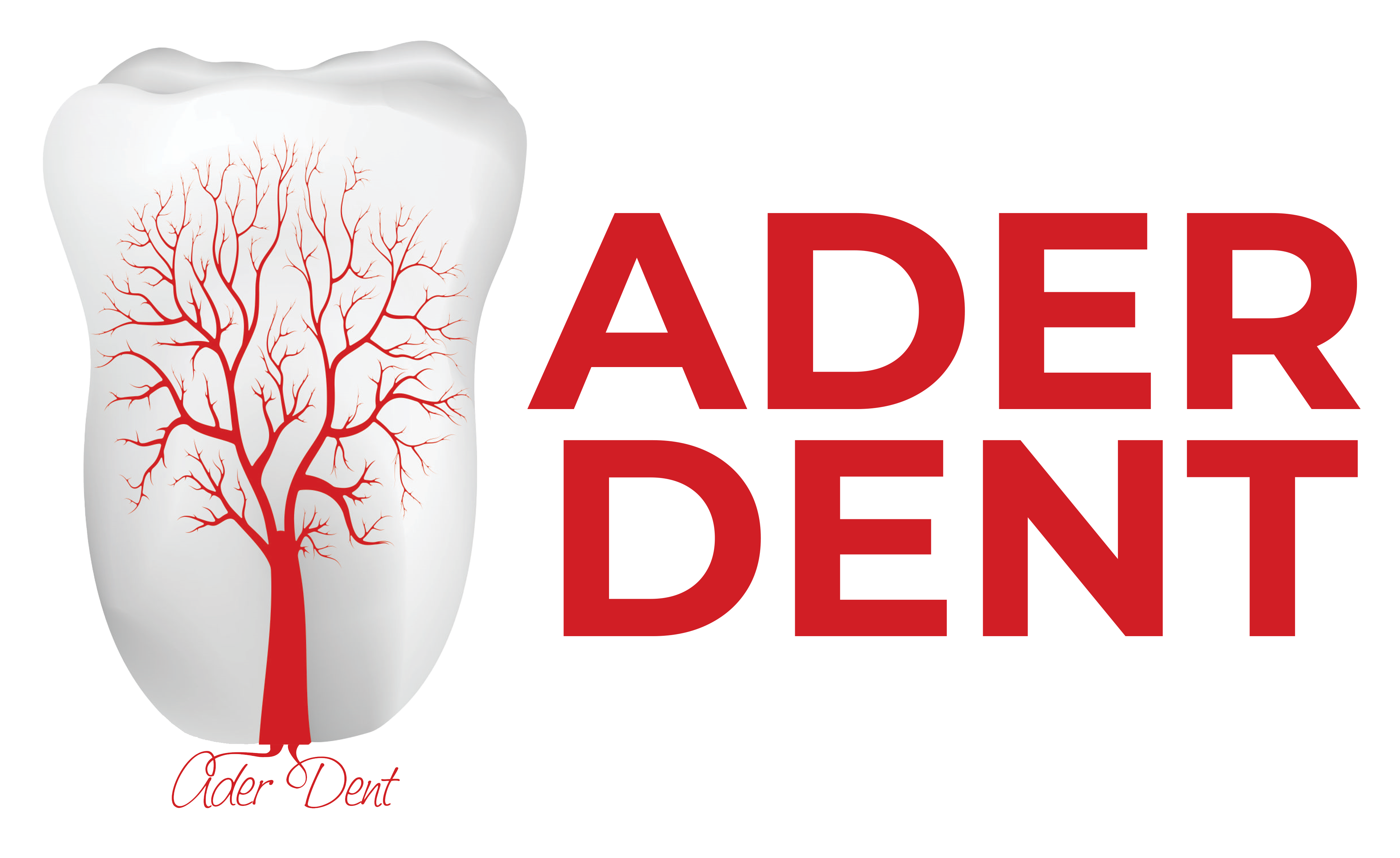Periodontal Diseases
Periodontal diseases are conditions that directly affect oral health, causing issues such as inflammation and bleeding of the gums. Healthy gums provide strong support around the teeth and help prevent tooth loss. Periodontal diseases are mostly caused by poor oral hygiene, smoking, and certain genetic factors. These diseases can manifest in various stages, from inflammation of the gums to advanced tooth loss.
Symptoms of Periodontal Diseases
The main symptoms of periodontal diseases include:
- Bleeding gums: Especially during brushing or flossing, bleeding gums are one of the most common signs of periodontal disease.
- Swelling and redness of the gums: While healthy gums are pink, diseased gums often become red and swollen.
- Bad breath: Periodontal inflammation can lead to persistent bad breath.
- Sensitivity in the gums: Pain may be experienced when consuming hot or cold foods and beverages.
- Gum recession: Receding gums may expose more of the tooth roots.
Causes of Periodontal Diseases
The main causes of periodontal diseases include:
- Inadequate oral hygiene: Improper brushing can lead to plaque buildup between the teeth, which causes periodontal inflammation.
- Smoking: Smoking restricts blood flow in the gums and weakens the immune system, making gums more vulnerable to disease.
- Genetic factors: People with a family history of periodontal disease may be more prone to developing it.
- Hormonal changes: Hormonal fluctuations during pregnancy, menstruation, or menopause can make gums more sensitive.
- Diabetes: Individuals with diabetes may have difficulty fighting infections, making periodontal diseases more common.
Ways to Prevent Periodontal Diseases
Daily oral care is crucial to preventing periodontal diseases. Here are some key tips:
- Brushing your teeth: Brush at least twice a day using the correct technique to remove plaque. Replace your toothbrush every 3–4 months.
- Using dental floss: Flossing helps remove plaque between the teeth where a toothbrush can't reach.
- Using mouthwash: Alcohol-free mouthwashes can reduce inflammation and improve oral hygiene.
- Healthy nutrition: Regular consumption of fruits, vegetables, and vitamin-rich foods supports periodontal health.
- Avoiding smoking: Smoking is a major risk factor for periodontal disease. Avoiding tobacco use is essential.
How Are Periodontal Diseases Treated?
Treatment of periodontal diseases depends on the stage of the condition. In its early stages, inflammation can often be treated with professional cleaning. The dentist removes plaque and tartar from below the gumline. However, in more advanced cases, surgical procedures may be necessary. These may include reshaping the gums, strengthening the teeth, and treating tooth loss if needed.
What Can Be Done at Home for Periodontal Diseases?
Some home care practices can help manage periodontal diseases:
- Use dental floss: Clean between the teeth to remove plaque effectively.
- Use alcohol-free mouthwash: Helps reduce harmful bacteria in the mouth.
- Brush slowly and gently: Gentle brushing helps avoid damaging the gums.
- Saltwater rinse: Gargling with salt water can help reduce periodontal inflammation.






